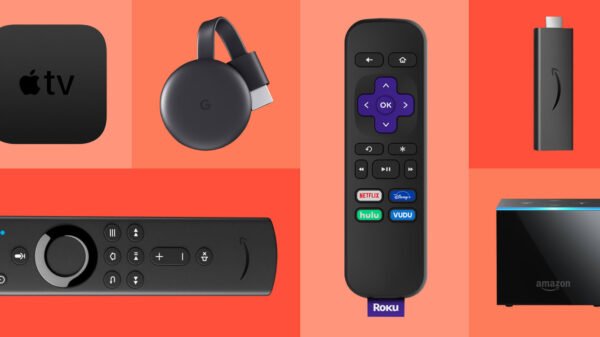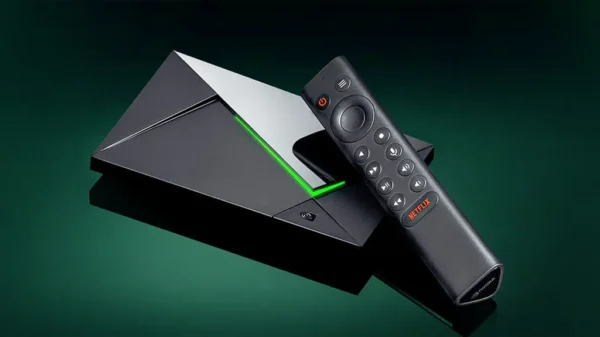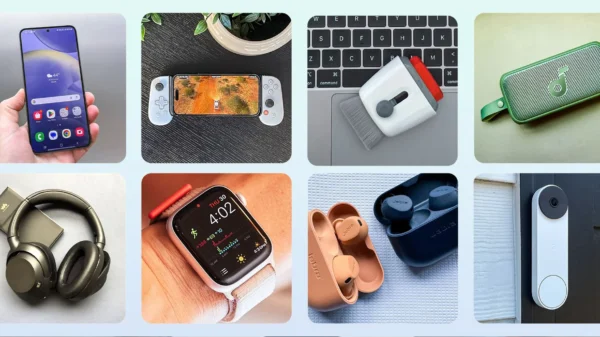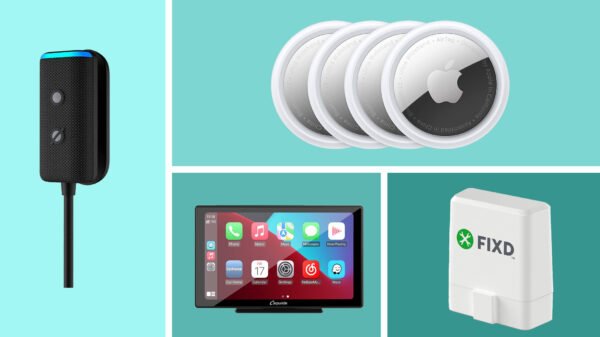Visa is working with many financial service and payment businesses to create an interoperable peer-to-peer (P2P) payment product that lets individuals send money to friends even if they use a different payment provider.
Digital payments have revolutionized business, but the number of payment apps has made sending money to others difficult. Suppose they’re both using PayPal; wonderful. However, they’ll have to bank transfer or use several P2P payment tools if not.
Visa’s latest service, Visa+, addresses that issue. Visa+ will enable U.S. Venmo and PayPal customers to transfer money later this year. It’s worth mentioning that PayPal owns Venmo via its previous parent, eBay’s $800 million Braintree acquisition a decade ago, but the two firms cannot transfer money in real time.
With Visa+ active, neither PayPal nor Venmo user needs a Visa card. Instead, Visa provides the infrastructure and connects the two services. Users create a payment handle connected to their PayPal or Venmo account and share it with anybody they wish to pay. This means nobody needs to reveal cell phone numbers, email addresses, or other personal data, which may be helpful for one-time payments between persons who are unlikely to connect again.
Western Union, TabaPay, i2C, and DailyPay have also committed to Visa+ for today’s launch, which Visa believes will help expand Visa+ to gig and creative economies and online markets.
Visa’s initial partners exclude Cash App, Google, and Apple. In addition, the Linux Foundation launched the Open Wallet Foundation to promote digital wallet interoperability. Visa+ fits into that bigger goal, but its initial reach is limited. Visa will certainly seek more third parties to join before its launch.




















































